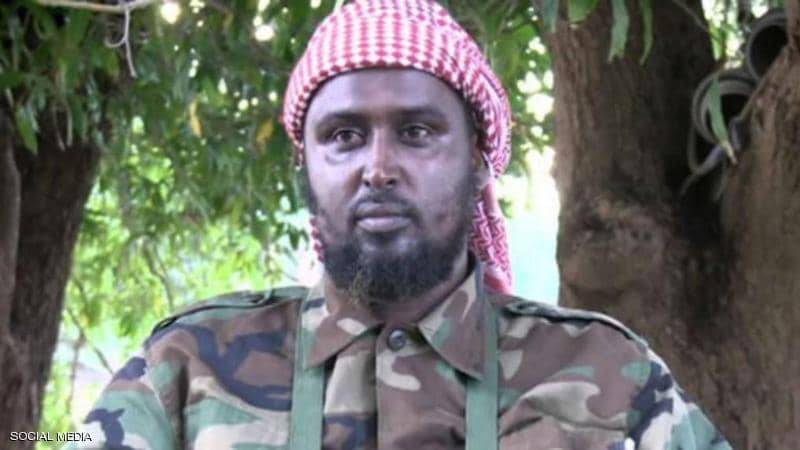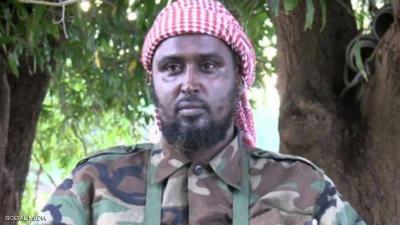The United States announced the inclusion of five individuals it described as leaders of "terrorist groups" in Africa on the global terrorism list, a move that observers noted would tighten the noose on these groups. The official announcement came in a statement from U.S. Secretary of State Antony Blinken.
**Names and Details**
At the top of the list is "Bonomad Mashoud Omar," who heads military affairs and foreign relations for ISIS in Mozambique. The list also includes "Sidan Ag Hita," the commander responsible for the Kidal region in Mali, associated with the "Support for Islam" group that is close to ISIS in the Sahel, and "Salem Ould Brimat," a prominent leader in the "Support for Islam" group in the Mopti region of Mali, who also oversees the terrorist group in Burkina Faso. Additionally, the U.S. State Department's statement listed two members of the terrorist group "Al-Shabaab" in Somalia: "Ali Mohammed Raj," a spokesperson and prominent leader, and "Abdul Qadir Mohammed Abdul Qadir," who serves as a mediator within Al-Shabaab.
Blinken stated that all assets and interests of these individuals should now be frozen, and relevant authorities should be notified. He clarified that any foreign financial institution that intentionally facilitates significant financial transactions or provides substantial financial services to those mentioned could face sanctions. The statement emphasized that the U.S. aims to disrupt the funding sources of ISIS in Mozambique and the "Support for Islam" group and "Al-Shabaab" to reduce their capacity to carry out further attacks against civilians in the Sahel and other regions in Central and Southern Africa.
**"Tightening the Noose"**
Political analyst Khaled Barai commented on the U.S. list, stating that it serves as a means of tightening the noose, although its effectiveness is limited due to the lack of full coordination among the related security agencies in these nations. As a result, those listed may continue to move without being apprehended, especially if they lack prior records in these countries. Barai urged the U.S. to provide more data to these states and to encourage ongoing security and intelligence coordination not just within Africa but globally. He called on Washington to support security agencies in these countries with logistical tools and equipment to facilitate the tracking and apprehension of these criminals, either through modern devices or by conducting training sessions for relevant personnel.
Intelligence reports have confirmed that terrorist groups in Northern Mali and Chad have now entered a phase of expansion and consolidation within Sahel countries, after establishing a striking force during the global focus on the COVID-19 pandemic.
**Repercussions of the French Decision**
In a related context, Jamal Ould Mohamed, a researcher at the Institute for International Security and European Relations in Paris, told Sky News Arabia that French President Emmanuel Macron's decision to withdraw French forces from Operation Barkhane in the first quarter of next year will impact security in the region and prompt Sahel leaders to implement new security measures. Ould Mohamed emphasized the critical importance of monitoring borders between Sahel nations, highlighting that Mauritania shares a border with Mali that extends over 2,300 kilometers. He noted that everyone is aware that terrorist organizations like Al-Qaeda and ISIS operate in Mali, Northern Nigeria, and Burkina Faso, which necessitates increased coordination among the region's countries to curb the activities of these groups.
The African Security Studies Institute reported that terrorist organizations, specifically in West Africa's Sahel region, rely on a complex network of communications and routes extending across West and North Africa, among Libya, Algeria, Mali, Niger, and Nigeria, to facilitate the movement of their fighters. It warned of the expansion activities being carried out by these terrorist groups in the region, exploiting the weakness of some governing systems while simultaneously benefiting from local political crises.




